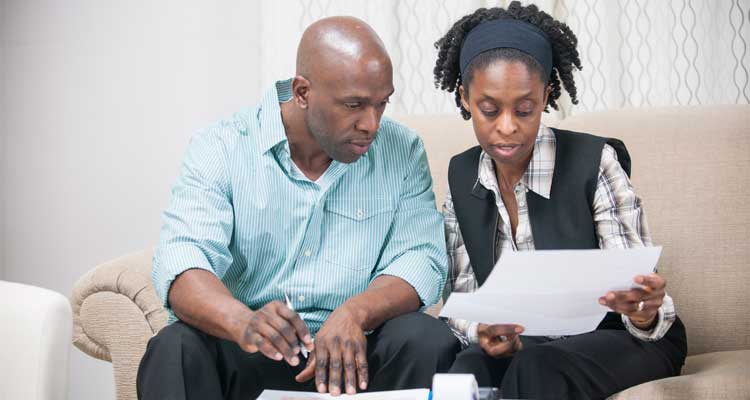How to clear your credit record before applying for a bond
A credit report reflects your financial health: what you spend your income on, whether you can afford the debt you have, and whether any lender has taken legal action against you for non-payment,” explains Randolph Samuel, Managing Director at Lucid Legal & Business Services, the preferred credit rehabilitation partner of ooba, South Africa’s largest bond originator.
In fact, according to experts like Samuel, a good record of servicing debt is your most important asset when buying a house. This is because it’s the first thing banks look for when considering your bond application. “Based on your creditworthiness, a lender can then decide whether to approve your application for a home loan,” he says.
But a good credit record can’t be achieved overnight. “If you are considering buying a house in the next few years, you should do what you can right away to guarantee you score well,” says Kay Geldenhuys, ooba’s Manager of Property Finance Processing.
Here, Geldenhuys shares her three top tips for ensuring your credit record is squeaky-clean and that you get the thumbs-up when it’s time to make the exciting move from house hunter to homeowner:
Tip 1: Start small
“Ironically, the golden rule of credit is that it’s easier to get it if you’ve already had it,” Geldenhuys explains, adding that this isn’t as impossible as it sounds. “It simply means that you should start small, proving that you’re responsible with credit so that the bank will look favourably on your home-loan application when the time comes. Store credit, cellphone accounts and bank loans – especially for other assets, such as a car – are a good place to begin.”
A credit card also has a strong influence on your credit score, so try to include at least one of these in the mix, she advises. Then be absolutely diligent about making monthly repayments. “Paying back your credit card balance has a significant impact on your score, as it’s not just about having the credit, but how you deal with it that the banks are assessing,” she explains.
Tip 2: Pay your bills
While the timely payment of your credit card or store debt reflects favourably on your credit record, so too does the payment of your bills, says Geldenhuys.
For defaulters who have suffered a dreaded blacklisting, she advises checking that the correct procedures have been followed. “The National Credit Act has issued legal steps that credit providers have to adhere to before blacklisting an individual. If these have not been followed, the blacklisting can be legally challenged and potentially removed.”
Tip 3: Get your credit report
“Every South African is entitled to check their credit record, at no cost, once a year,” Geldenhuys says, explaining that this can be done through any registered credit bureau.
“To avoid the tedium of this process, it’s wise to use the services of a professional credit rehabilitation provider, like Lucid Legal & Business Services, who will not only assist you in filing for your report and having it immediately updated (essential if time is of the essence, as it inevitably is when you are putting in an offer on a house), but will also assist with any action you might need to take to clear your credit record and and improve your rating,” she adds.
While there are steps that can be taken to rehabilitate a bad credit record, the best way to be financially fit is to pay your bills on time and in full, Geldenhuys concludes. “It'’s simple really: to ensure a good credit record, don’t get into more debt than you can afford, and then make sure you pay it all back. These two crucial habits will prove good practice for repaying your home loan when the time finally arrives.”
To make the home-buying process that much easier, South Africa’s leading bond originator offers a range of home loan calculators, including those that determine bond affordability and bond repayments.
Get pre-qualified,with ooba today.
